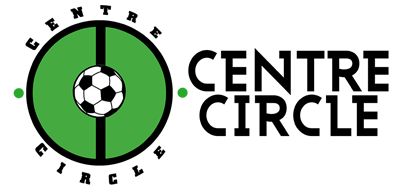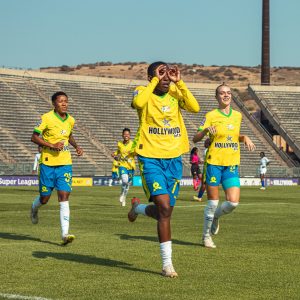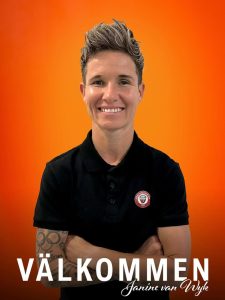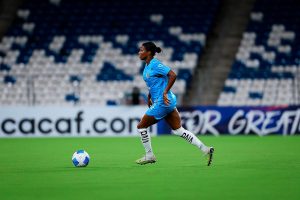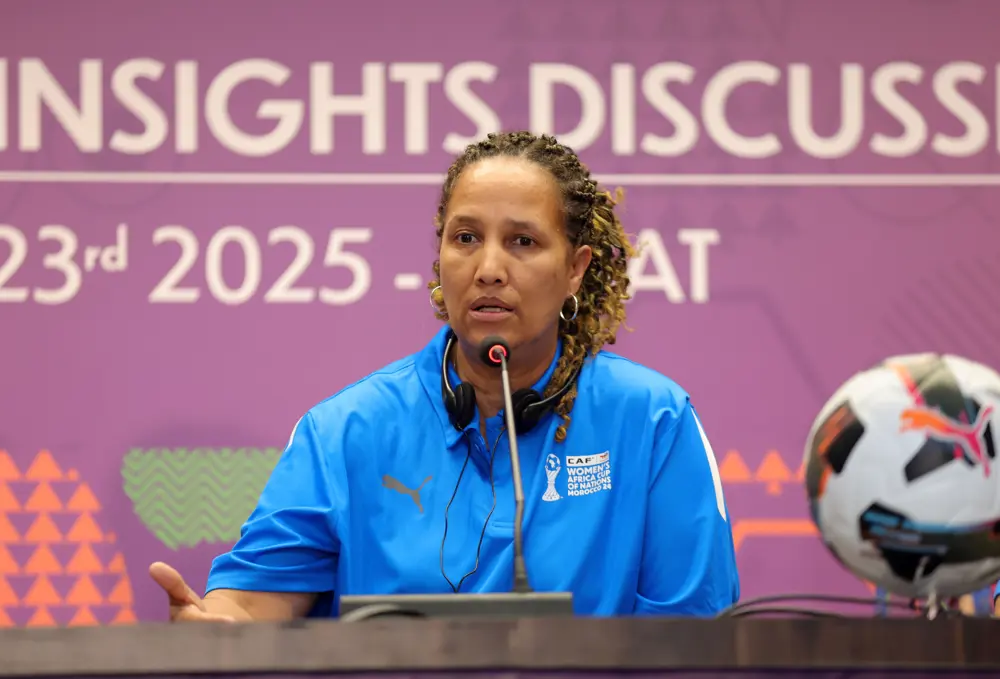Former Banyana Banyana Performance Analyst, Shilene Booysen says she expects a much tighter and more competitive TotalEnergies CAF Women’s Africa Cup of Nations (WAFCON) 2026.
The Capetonian was part of CAF’s Technical Study Group (TSG) at the tournament, whose role was to observe, analyse and document matches.
She says the fact that the recently ended WAFCON 2024 was not a FIFA World Cup qualifier gave room for some nations not to exert themselves more, but in the next edition which will be held in March, the stakes will be higher with much to play for, leaving little room for error.
Only four nations – the semi-finalists – will represent the African continent at the 2027 FIFA Women’s World Cup in Brazil. South Africa, Nigeria, Morocco and Zambia qualified for the previous tournament in Australasia.
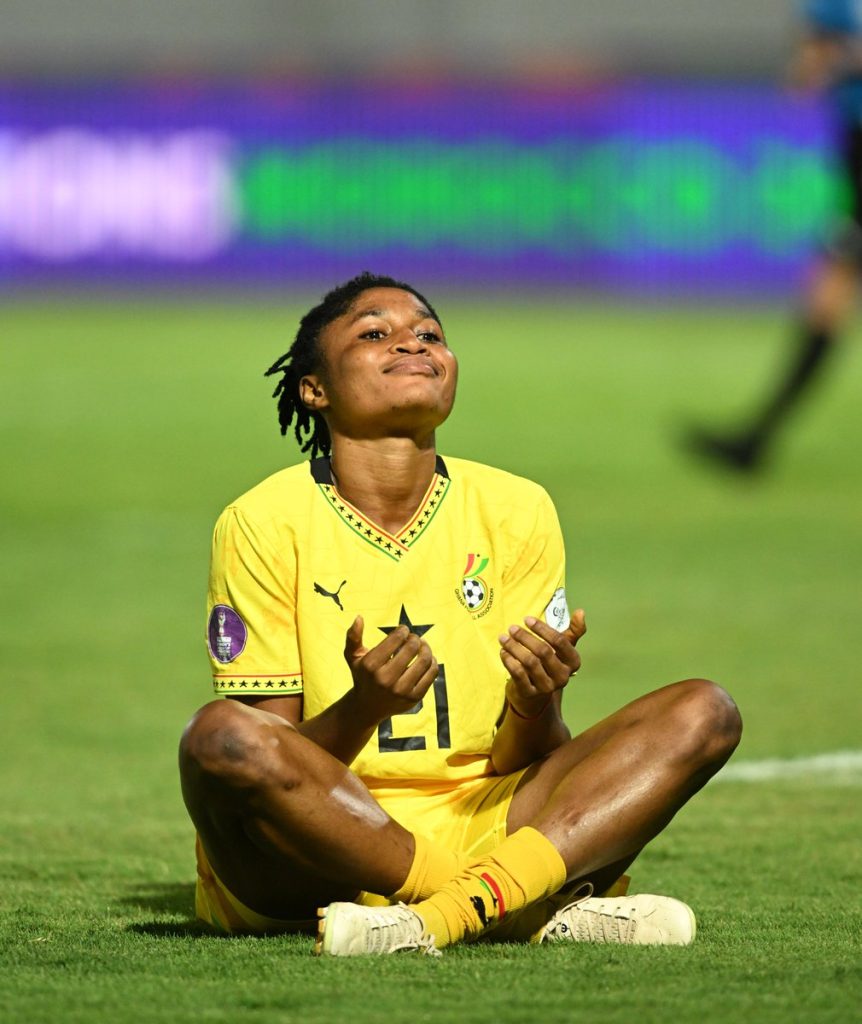
At the WAFCON 2024, only the Copper Queens didn’t make the last four, with their place taken by Ghana.
Booysen has however singled out eventual champions the Super Falcons of Nigeria for praise after they lifted their tenth title following a remarkable comeback from 2-0 down to triumph 3-2 over hosts, Atlas Lionesses in a dramatic final at the Olympic Stadium in Rabat last month (Saturday, 26 July 2025).
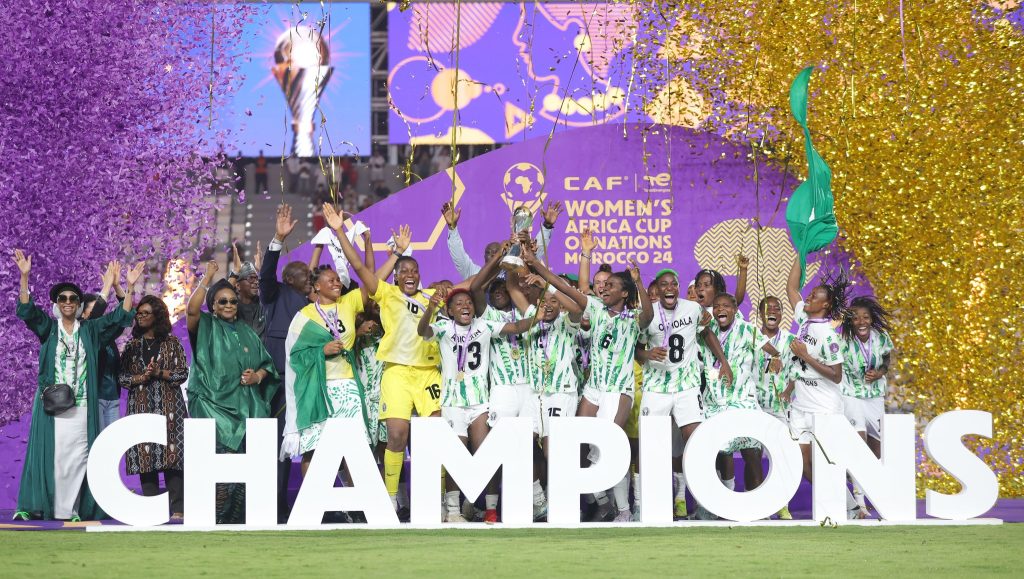
Defending champions South Africa fell to Nigeria in the semi-finals and went on to lose to Ghana in the third/fourth place play-off match.
Booysen is also part of FIFA’s Elite Performance: Coach Mentorship Programme, alongside Banyana Banyana Head Coach Dr Desiree Ellis, where the main aim is to support the next generation of coaches.
In this programme, FIFA has partnered 20 of the game’s most skilled coaches with talented women globally who are still new to coaching.
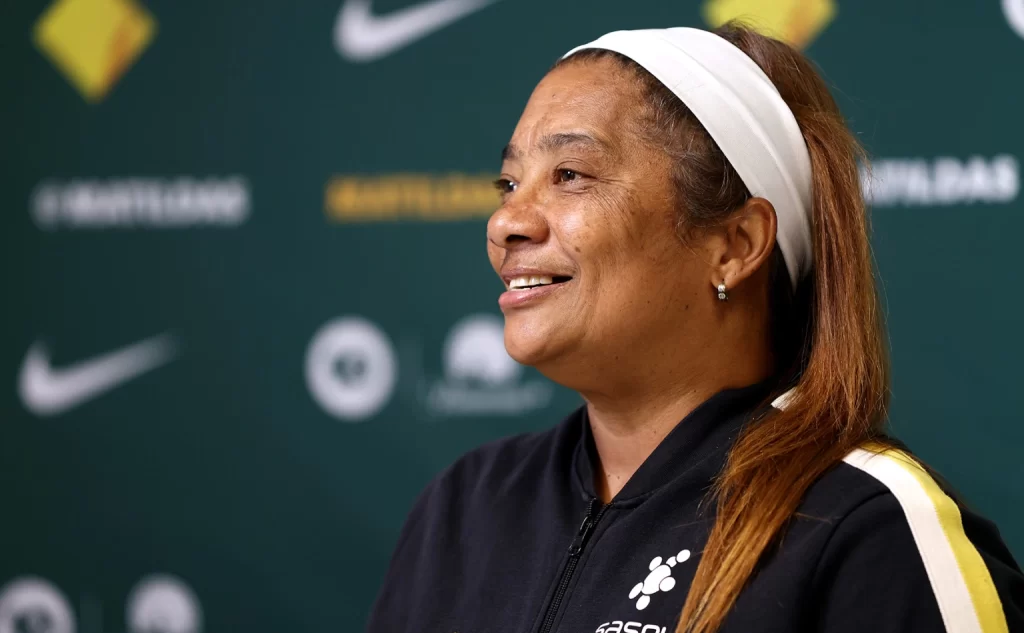
Ellis and Booysen are the only two Africans on the programme as mentors and are working with mentees, Mildred Cheche (Kenya) and Selamawit Zebede (Liberia) respectively in the 18-month long project.
The list of mentors reads like a who’s who of women’s football – Corinne Diacre (France), Nils Nielsen (Japan), Francisco Neto (Portugal), Even Pellerud (Norway), Angelo Marsiglia (Colombia), Tina Theune (Germany), Arthur Elias (Brazil) and Joe Montemurro (Australia), among others.

After parting ways with Egypt’s Premier League women’s football side Wadi Degla, Booysen has confirmed to CentreCircle.online that she could be back on the touchline sooner and it will be beyond the borders of South Africa.
She spent two seasons in North Africa and is currently at home with family to recharge some batteries before moving on to the next adventure.
Booysen led Wadi Degla to third position in the league behind champions FC Masar and debutants Al Ahly but ahead of other newcomers Zamalek.
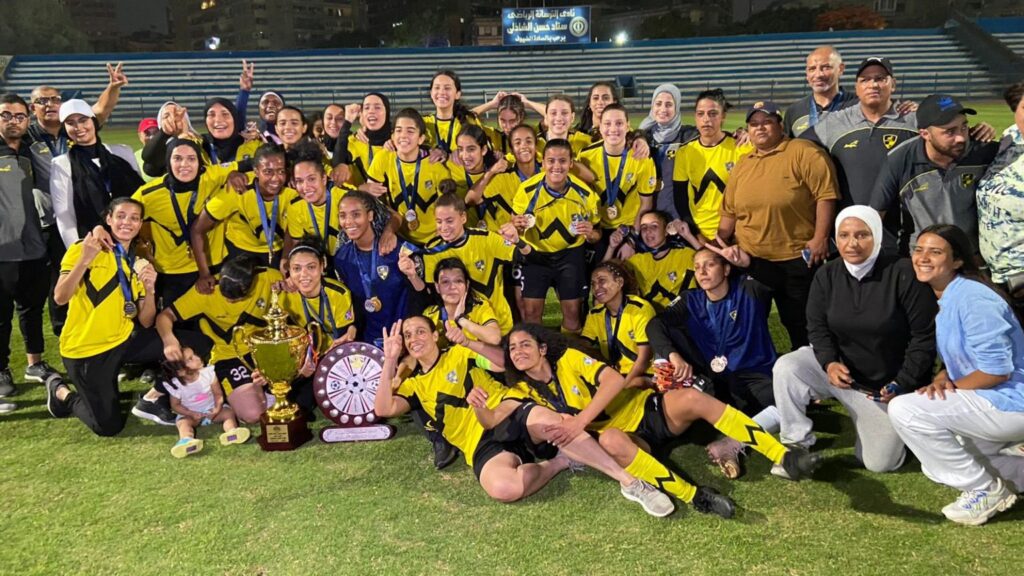
Under the Capetonian, Wadi Degla claimed silver in the Egyptian Women’s Cup, losing 1-0 to Al Ahly in a fiercely contested final earlier this year.
The former Houston Dash (USA) assistant coach and ex-South Sudan’s Women’s National Football Team Head Coach sat down with CentreCircle.online to chat about various things in women’s football.
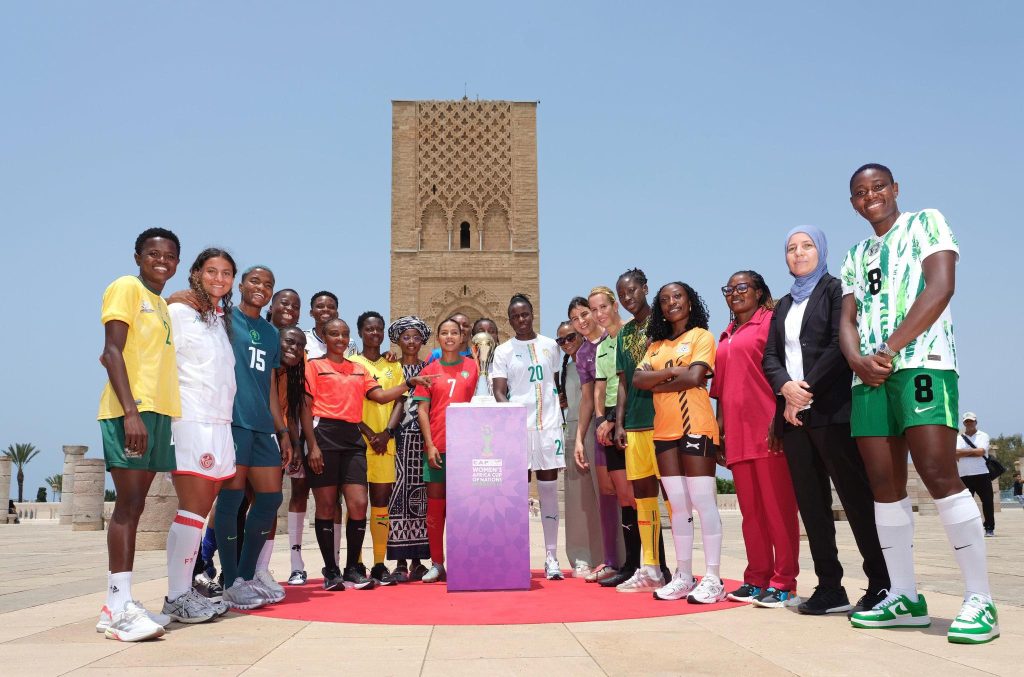
Let’s start with the recently ended WAFCON – what was your impression in terms of the standard of the game?
In my opinion it was not as high as in 2022 but we have to remember that 2022 was a FIFA World Women’s Cup qualifying tournament. However, the competition delivered memorable moments, pulsating drama, and exciting matchups, including Morocco’s early dominance in the final (2–0 lead) and Nigeria’s retaliation. Morocco developed rapidly, backed by strong local leagues and home support and increased investment in the women’s game. South Africa and Zambia and many of the other teams have also made compelling cases for deeper investment in their women’s programs. But it was ultimately Nigeria, that emerged as the standout team, demonstrating resilience, cohesion, and high-caliber performance, especially during their dramatic comeback in the final.
How much has women’s football improved over the last few years?
The improvement in women’s football over the last few years has been truly remarkable—across participation, performance, commercial visibility, and governance. If we just look at the marketability of the game in Africa alone, the fans that was seen at both Wafcon and Euros, we have to acknowlege the growth. Tournament standards have risen sharply, just looking at the just concluded WAFCON 2024 (held in July 2025), it featured noticeable tactical flexibility, use of video analysis, and competitive depth from more nations like South Africa, Zambia, and Ghana but also the other teams that were there like Algeria, Senegal, Mali and the two finalists Morocco and Nigeria. Around 88% of FIFA member associations now have a women’s football strategy and over half enforce licensing for women’s top-tier clubs; two-thirds implement safeguarding policies. I dare you to tell me that women’s football has not improved?
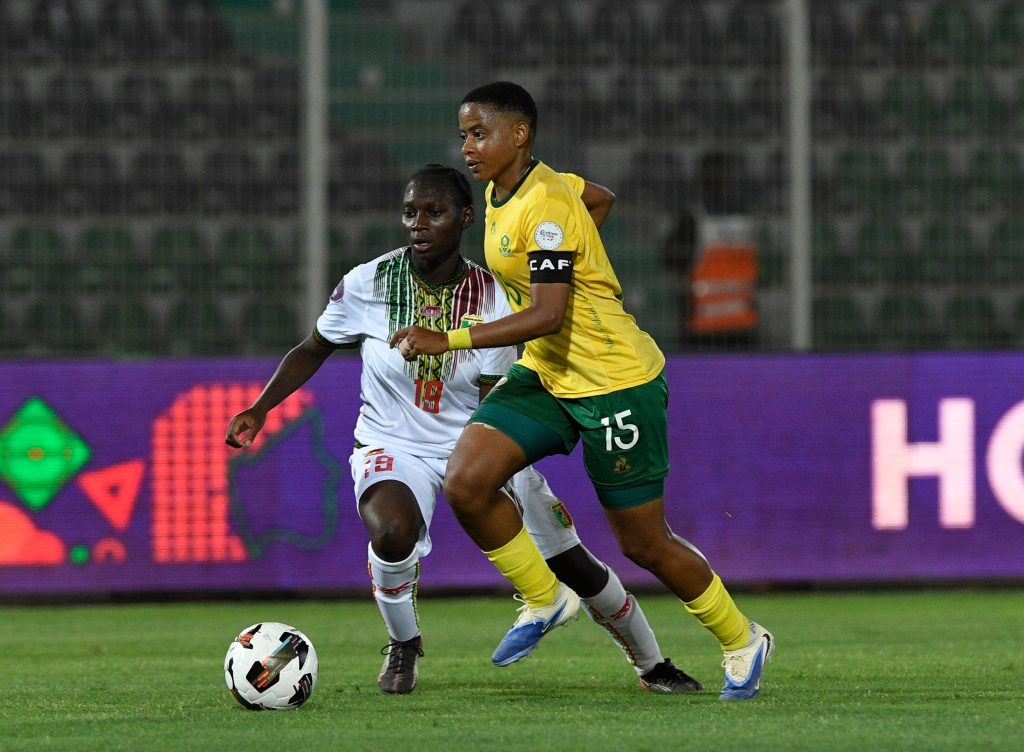
The 2026 edition will be a World Cup qualifier – what can we expect, based on what we saw in the 2024 tournament?
I am expecting to see greater competitive intensity. Every knockout match from quarter-finals onward will carry dual importance, continental progression and World Cup placement. We will see strategic adjustments. Teams will likely manage player workload, squad depth, and tactics more conservatively given the high-stakes implications. We will see expanded visibility with World Cup spots on the line, increased media interest, sponsorship potential, and huge TV coverage are expected. There will be development acceleration incentive and national federations may invest more seriously ahead of the qualifiers to ensure presence in both WAFCON and the World Cup. I expect WAFCON 2026 to be more intense and consequential than WAFCON 2024, not only in awarding the continental title, but also serving as the official qualification pathway to the 2027 FIFA Women’s World Cup. The early group stages will be more strategic, and knockout rounds will carry dual pressure, setting an evolution in both stakes and global visibility. It is going to be huge and the shift has already begun in my opinion.

Being part of the CAF TSG – how different is it from being a coach?
Being part of a Technical Study Group (TSG) is very different from being a coach, even though both roles revolve around football knowledge and expertise. The focus, responsibilities, and skill set required overlap in some areas but are fundamentally different in the application. While the main purpose of a coach is to prepare, lead and manage a team to perform in matches and competitions, the main purpose of a TSG member is to observe, analyse and document matches and to identify trends, patterns and lessons for technical reports and education. While a coach’s focus is on team specific performance (tactics, training, motivation and player management), the focus of the TSG member is about tournament wide trends, team styles, technical/tactical evolution and future development pathways. I know this is a mouthful but while TSG members have strong coaching backgrounds, they do need additional expertise. We look at coaches who have elite coaching experience, together with tournament knowledge and player development insights. Some of the specialised skills are functioned around neutral match observation and analysis, some even have strong coding and data analysing skills. They will also need an understanding of global football trends. The focus is on educational and developmental insights with the game as a whole with no specific team bias. I think one of the biggest limitations is the implementation gap. While some federations receive the TSG reports, they lack the resources or coaching expertise to apply the insights.
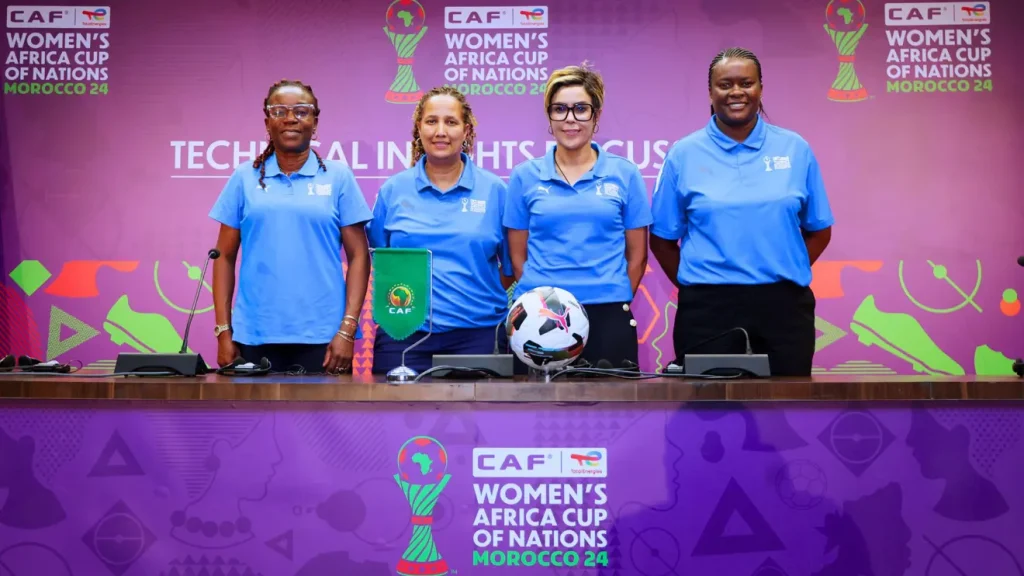
Do you think the game has improved since the introduction of such departments?
Yes, the game has absolutely improved since the introduction of Technical Study Group (TSG) departments and their impact is visible in several areas of coaching education, tactical evolution, and player development. The reports are important as TSG’s produce structured, data-backed technical reports showing emerging formations, pressing styles and transition strategies. TSG reports feed directly into CAF and national federation coaching courses. Instead of teaching theory alone, instructors now use real tournament match clips with detailed breakdowns of why teams succeeded or failed. This makes coach education far more practical and applied. TSG’s basically act as a football “research department”, documenting the evolution of the game. So if you ask me, YES, the introduction of TSG departments has significantly improved the game, not by coaching players directly but by accelerating the tactical evolution, coaching education and competitive balance.
You are currently involved in the FIFA Mentorship Coaching programme: what is that about?
This program is an initiative aimed at empowering the next generation of elite female coaches through stuctured global mentorship over an 18-month cohort cycle. Each of 20 mentees are paired with a highly accomplished mentor. The key objectives is to bridge gaps for women coaches by way of development through offering career guidance, tactical growth and professional visibility. The mentors will encourage mentees to achieve stronger results in their current roles while enhancing their prospects for advancement. It is also about networking and building a global community of female coaches who can inspire and support each other’s development. But the idea is to build a lasting legacy by helping the mentees progress to leadership and mentoring roles themselves.
Will we see you back on the touchline coaching? Or what is next for you?
I have a few programs that I will currently be involved in and one of them is on the field. This will be revealed in the next couple of weeks. Everything I do these days though will have to be done from home as I try to spend more time with my family.
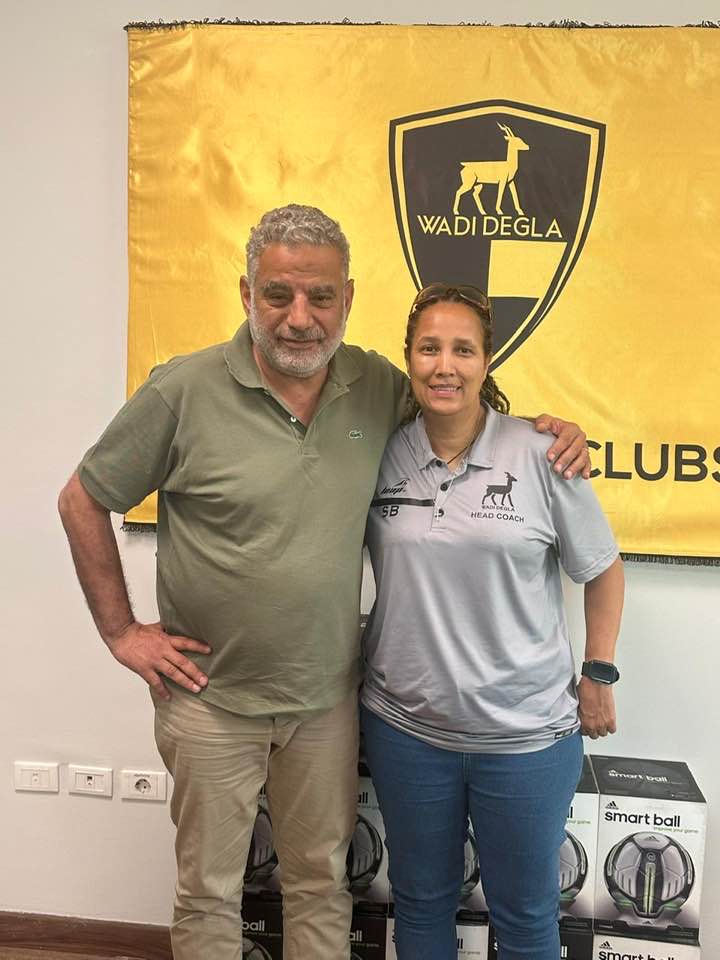
Talking about coaching: how would you describe your time with Wadi Degla in Egypt?
Coaching the WD women’s team was an incredibly rewarding chapter in my career, one that combined football growth, personal development and a unique cultural exchange. When I arrived, the team was in a period of transition, striving to raise both the technical and tactical standard of play. Over my time with the club, I worked closely with the players and staff to create a clear football identity and implement structured training programs that challenged the group to evolve. We developed a strong tactical awareness, improved match discipline and fostered a competitive edge that was reflected in our performance on the field. A key highlight for me was the growth of the players, both individually and collectively. My role extended beyond match preparation; it was about guiding young talents to understand the game at a deeper level, improving their decision-making, and helping them take responsibility for their own development. Seeing players grow in confidence, take on leadership roles, and translate training-ground work into match situations was a source of great pride. Coaching in a different culture brought its own rewards. Immersing myself in Egypt’s rich football environment and adapting to new ways of communicating and connecting with players broadened my perspective as a coach. It taught me to be more flexible, open-minded, and creative in how I approached the game, all while respecting and embracing the cultural values that shaped the team’s dynamic. My time with Wadi Degla was more than just a coaching role, it was an exchange of knowledge, passion, and mutual growth. It reinforced my belief that while football is a universal language, the beauty lies in how it’s interpreted and lived in different corners of the world.
Any chance of returning to the North to coach, or will you look for another challenge elsewhere?
We can never say never but for now, I am moving on to the next project which I can say is not in North Africa.
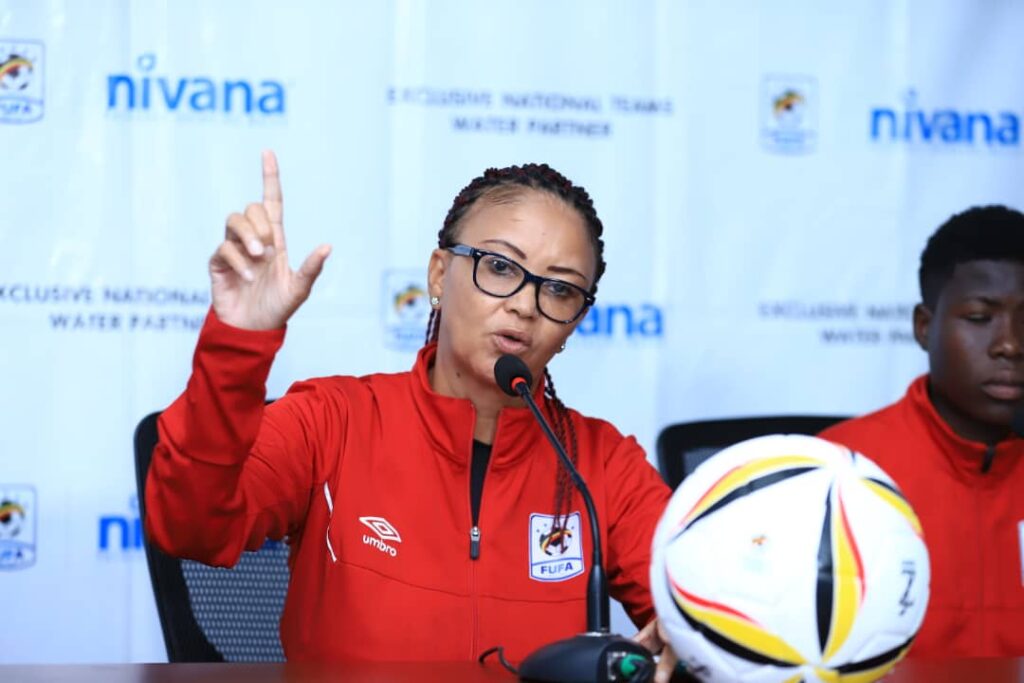
You have had this question before, how important is it for South Africans to work in other countries, and how do they plough back?
It’s very important for South Africans, whether coaches, players, analysts, administrators, or referees to gain experience in other countries and it is equally important to plough back into the local game when they return or even while they are still abroad. Every country plays football differently, from tactical systems to training methods, youth developmentphilosophies and game management approaches. Working abroad exposes us to new ideas, methodologies, and problem-solving approaches that may not be common in the domestic game. Success stories abroad raises the profile of South African football professionals and that again opens pathways for others. With us working abroad in football, we act as ambassadorsand knowledge pipelines. The true value really comes when the lessons, skills, and professional standards we have acquired internationally are deliberately transferred back into the South African game, creating a ripple effect that lifts the whole system.

You haven’t worked in Morocco, but what advice would you give to Jerry Tshabalala who was recently appointed a head coach for Sporting Club Casablanca?
Jerry’s appointment at Sporting Casablanca offers immense potential, not only to win titles, but to help shape the next chapter of women’s football in Morocco and especially at the club. I am excited for him and the club as he is going to add huge value to the team. I would tell him to embrace the culture before he thinks of changing it. I know that the idea is to win, but I would say use the strength that come from the North African game, players being naturally skilful and creative. The key is balance, respect what’s already there, add what you know works, and be patient in blending the two. If you can do that, you won’t just succeed on the pitch, you’ll leave a lasting impact. Good luck Coach Jerry, I will watch your journey closely and cheering you on every step of the way.
By Matlhomola Morake
